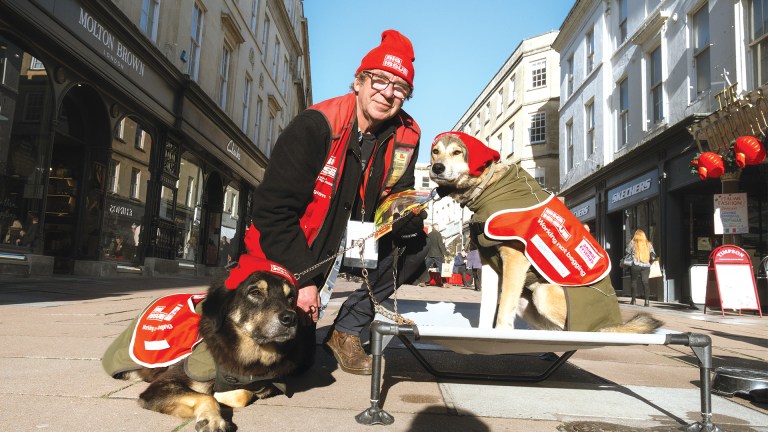The back wall of my class Junior School class was decorated with world maps. They were torn at the edges and grubby with generations of little fingers tracing imaginary journeys but they felt solid; the bold lines that separated the countries looked like they had been chiselled deep.
That was always a delusion. Today it is even harder to pretend that the world’s borders are locked in place. For many years I’ve been writing about ‘off the map’ and unruly places, places that escape the confines of ordinary cartography. It can be a frustrating business: every week the kaleidoscope shifts again. How does one draw a map of the borders that squirm around inside Syria, Libya or Ukraine? Often we just have to guess.
There are all sorts of less well known places that are also becoming hard to pin down. I’m particularly fascinated by obscure, unclassifiable islands. We live in an era of island-building. They are popping up like mushrooms.
Gaze down on the South China Sea from Google Earth and you’ll see how the Spratly Islands are being raised up, bulked out, covered in concrete and turned into offensive military bases. This once unspoilt tropical paradise is been transmuted into an army of geographical Frankensteins.
Beyond the Map is my latest attempt to corral, from my own travels and researches, the nerviest and strangest examples of the planet’s cartographical nightmares and novelties. Some are dark and dangerous but others are poignant, or eerie, or plain extraordinary. I start the book with an account of my trip to the most southerly part of the British Isles; which sits 14 miles south of Jersey. Les Minquiers stretch across an area considerably larger than Jersey itself, and at low tide expose 200 square kilometres of sand and rock. It’s been the called the largest unmapped area in the western world and Britain’s claim on it, and hence the boundary line between Britain and France, was only finally settled in 2004.
An unfortunate group of German soldiers was stationed on Les Minquiers during the Second World War. It is so remote that they were by-passed by everyone else and had to wave down a French fishing boat in order to surrender, two weeks after the war had ended.









